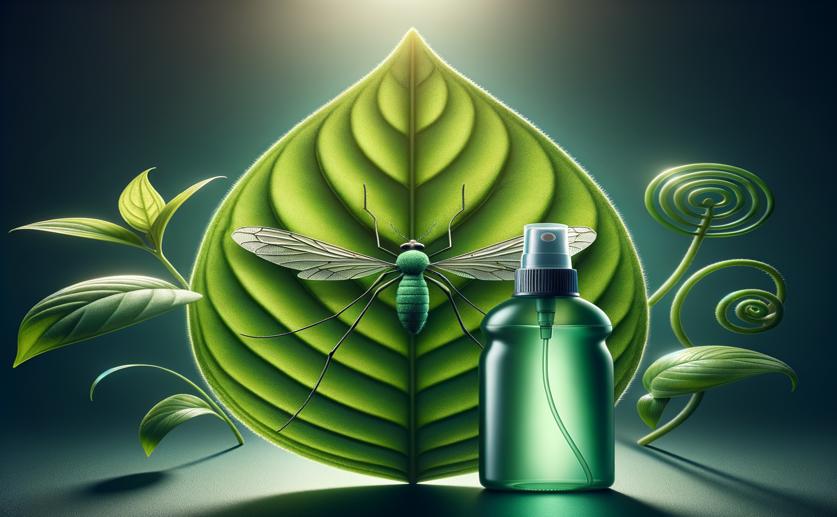
Greener Insecticide Options: A Study on Safer Mosquito Killers
Jim Crocker
22nd April, 2024

Image Source: Natural Science News, 2024
Key Findings
- In Egypt, green nanoemulsions from lavender oil are safe and effective against mosquito larvae
- These nanoemulsions are less harmful to non-target animals than metal-based nanomaterials
- This study supports using eco-friendly nano-insecticides for mosquito control
References
Main Study
1) Comparative biotoxicity study for identifying better alternative insecticide especially green nano-emulsion which used as mosquitocides.
Published 20th April, 2024
https://doi.org/10.1186/s12917-024-03992-2
Related Studies
2) Hydrophilic nanosilica as a new larvicidal and molluscicidal agent for controlling of major infectious diseases in Egypt.
3) Preparation of nanoemulsion of Cinnamomum zeylanicum oil and evaluation of its larvicidal activity against a main malaria vector Anopheles stephensi.
4) Current vector control challenges in the fight against malaria.



 15th January, 2024 | David Palenski
15th January, 2024 | David Palenski